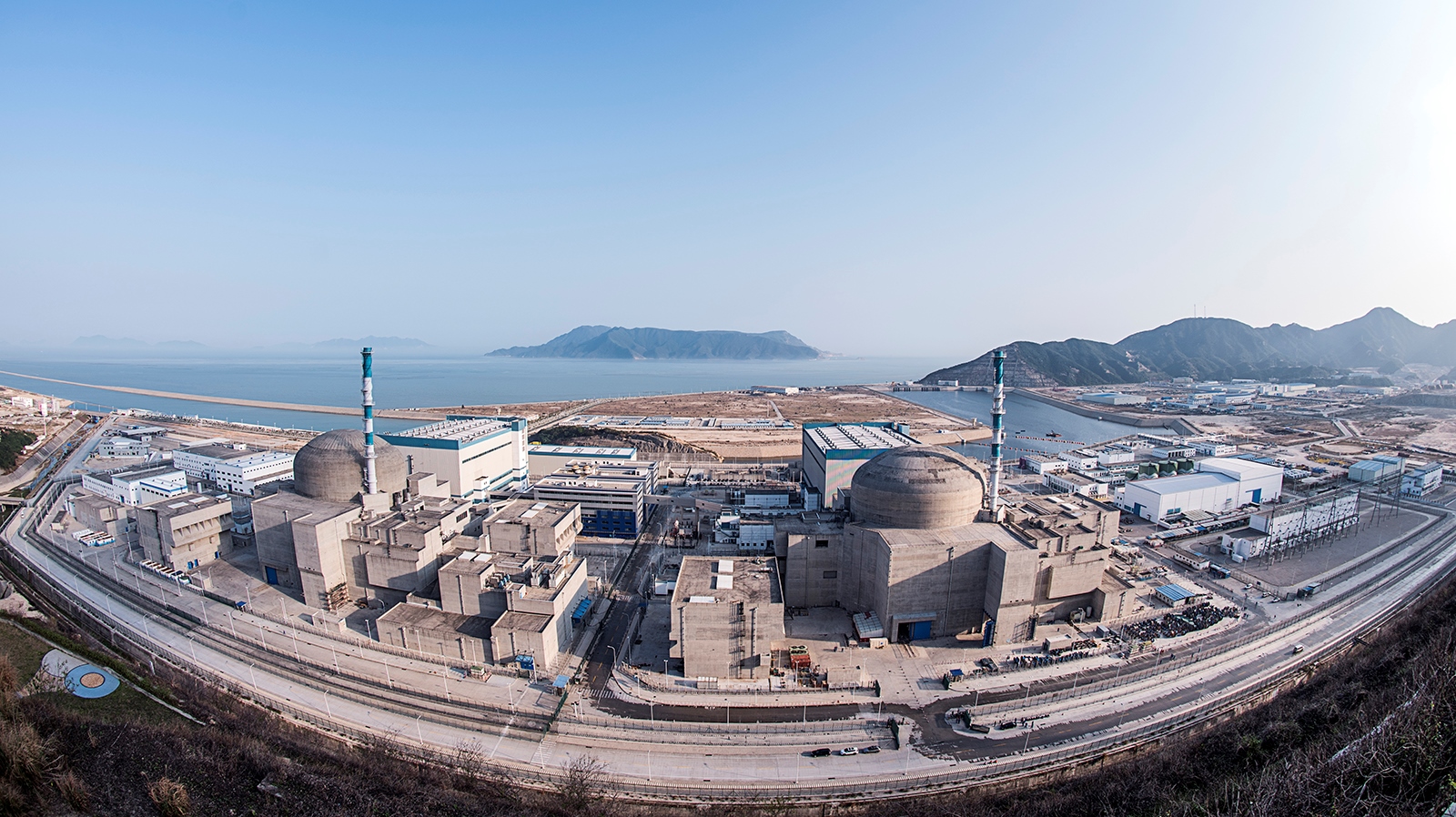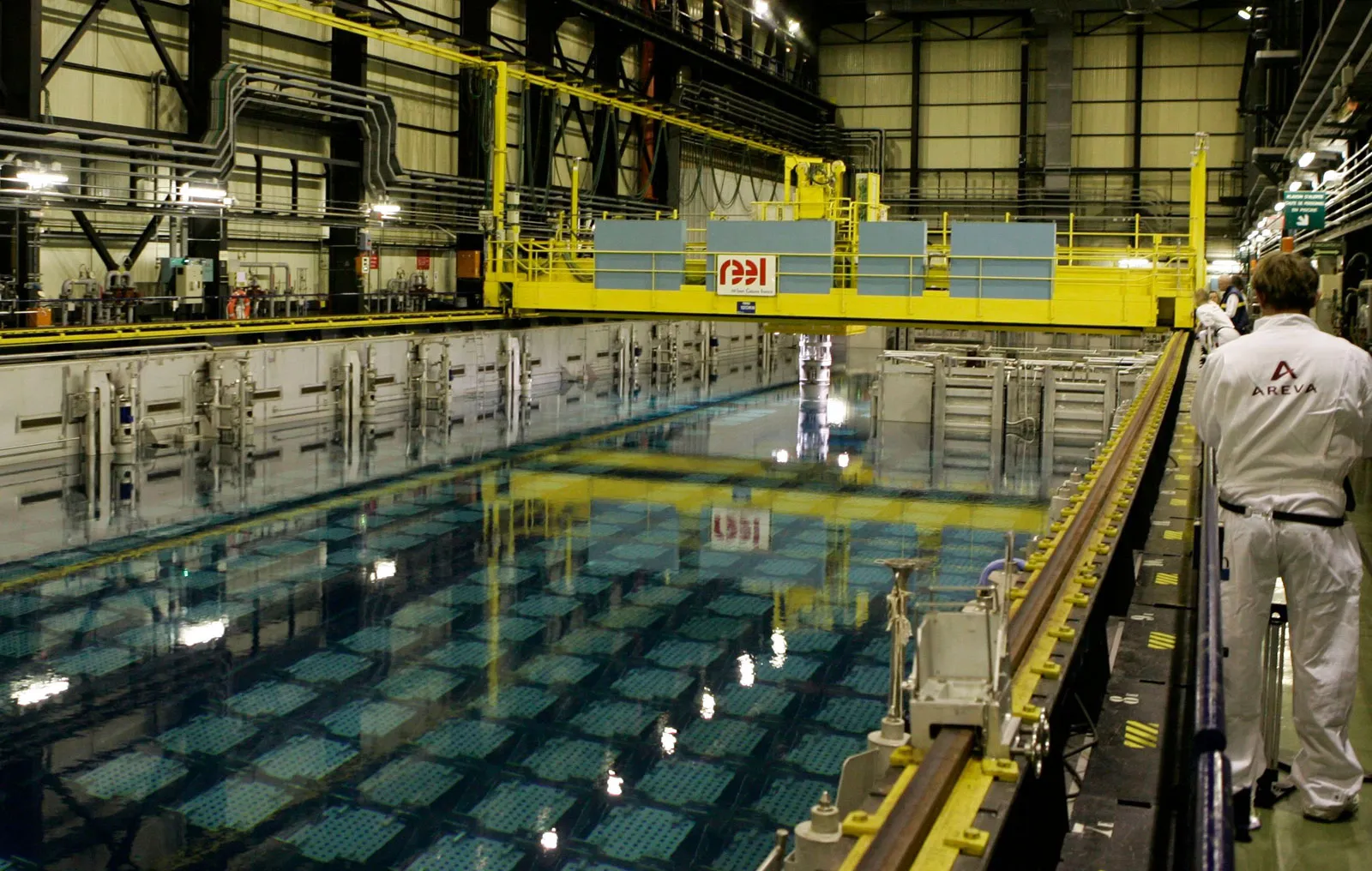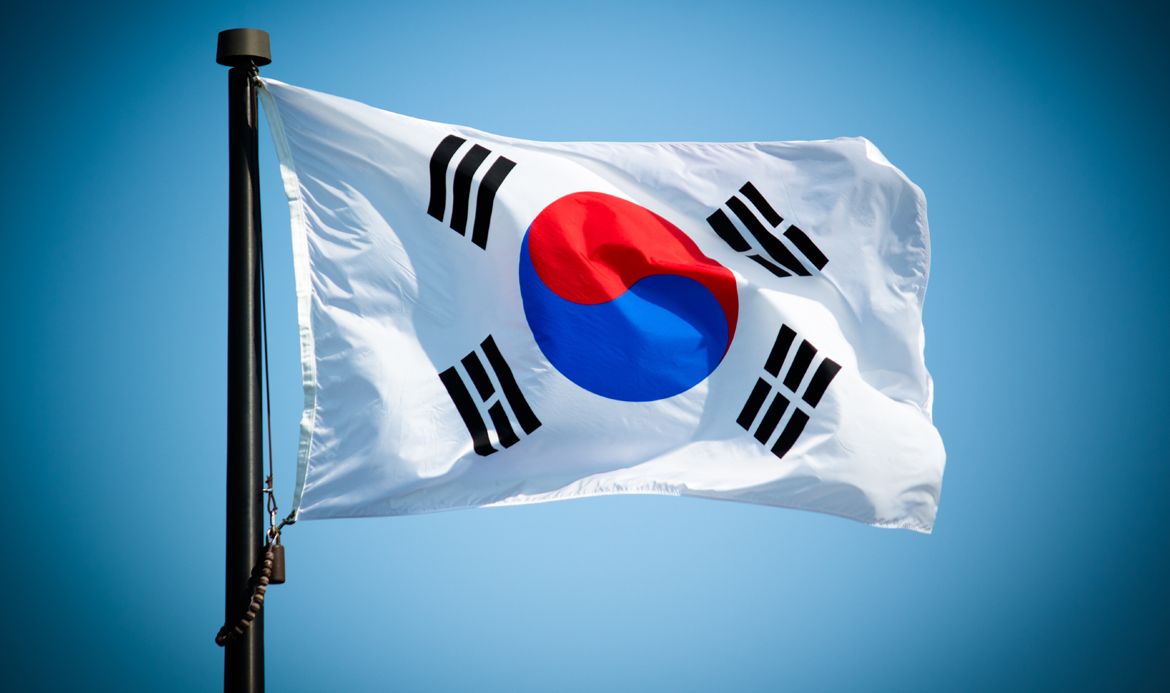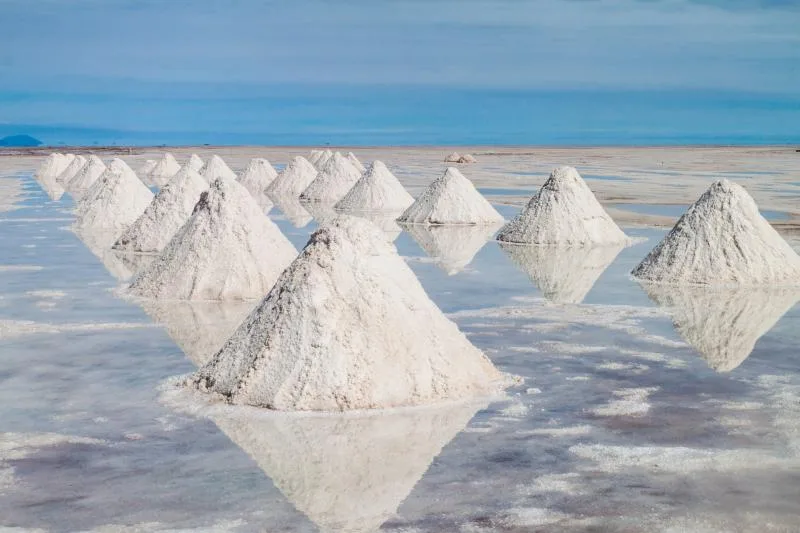Uranium mining stocks are flying in recent weeks, after a slow start to 2023, the price of the commodity is surging.
One reason, the sector outlook is looking healthy, as governments around the world announce major investments in new and upgraded nuclear power plants and technology.
From Japan to China, Europe to North America – nuclear power is having a major renaissance in recent times, as administrators grapple with the need to add more carbon-free power to grids that meet climate goals and keep energy supplies coming to ensure economic growth.
Here are some recent developments:
Latest Nuclear Power News
Japan Approves Restart Of Nuclear Reactors
After the Fukushima disaster in 2011, Japan has been cautious about restarting its nuclear reactors. However, the country has recently approved the restart of two reactors in the Fukui Prefecture. This decision marks a significant shift in Japan’s energy policy, as it aims to reduce its reliance on fossil fuels and transition towards renewable energy sources.
The approval process involved rigorous safety checks and community consultation, with local governments having a say in whether or not they wanted nuclear power plants back online. While there are still concerns over safety and waste disposal, proponents argue that nuclear power is a necessary part of Japan’s energy mix to meet its emissions reduction targets.
It remains to be seen how successful this restart will be and whether it will pave the way for further reactor approvals in the future.
Public opinion in Japan has swifty turned pro-nuclear since the 2022 energy crisis
Some 53% of people said nuclear reactors should restart, if safety can be ensured, while 38% said they should remain shut, according to the Nikkei poll
— Stephen Stapczynski (@SStapczynski) March 28, 2022
That’s up from 44% support for the restarts in a similar survey in Septemberhttps://t.co/JkjAUpDPn5 pic.twitter.com/ikGXR7S64k
France Plans To Reduce Reliance On Nuclear Energy
France is pushing forwad with plans to include nuclear power as part of the green transition. With the country pushing the European Commission’s recognition of the role of nuclear energy in a recent renewable energy law.
Despite plans earlier in the decade to focus on renewables, France is now positioning itself as more pro-nuclear in the last few years.
About 70% of Frances energy mix currently comes from nuclear power.
In early 2021, French President Macron announced the construction of six new nuclear reactors, a long-anticipated move to ramp up the country’s long-term energy-production capacity and add to the country’s aging nuc lear fleet, Politico reported at the time.
“The time of nuclear renaissance has come,” Macron said in a speech outlining France’s energy policy for 2050 and retracing “the great adventure of civil nuclear in France.”
UK Government Announces New Nuclear Power Plant
The UK government has announced plans to build a new nuclear power plant, with the aim of providing secure and affordable energy for the country. The proposed plant will be located in Suffolk and is expected to generate up to 3.2GW of electricity, enough to power around six million homes. The project is part of the government’s commitment to reducing greenhouse gas emissions and reaching net-zero by 2050.
The new plant will also create thousands of jobs in construction, engineering, and other related industries. While nuclear energy has faced controversy due to safety concerns, proponents argue that it is a necessary component in transitioning away from fossil fuels and achieving carbon neutrality.
Canada Announces New Nuclear
Earlier this year, Canada announced a number of measures to ensure nuclear energy long continues to be part of the energy mix.
The goverment announced billions of dollars in new tax credits and support for nuclear energy development by the private sector.
Russia Launches World’s First Floating Nuclear Power Plant
Russia has launched the world’s first floating nuclear power plant, which will provide energy to remote areas. The Akademik Lomonosov, as it is called, is a 140-meter-long vessel that houses two KLT-40C reactors with a total capacity of 70 MW. It was built by Rosatom, Russia’s state-owned nuclear company, and will be towed to its final destination in the Far East region of Russia.
The floating power plant has raised concerns among environmentalists who fear that it may pose a threat to marine life and people living in the area. However, Rosatom has assured that the plant meets all safety standards and can withstand natural disasters such as tsunamis and earthquakes.
Us Department Of Energy Awards Funding For Advanced Nuclear Technology Research
The US Department of Energy has recently announced that it will provide funding for advanced nuclear technology research. The goal is to support the development of innovative nuclear technologies that are safer, more efficient, and cost-effective. This funding will be awarded to both private companies and research institutions across the country, as part of the department’s Advanced Research Projects Agency-Energy program.
The program aims to enable breakthroughs in energy technologies that can help address climate change and reduce the nation’s dependence on fossil fuels. The funding will also support efforts to improve reactor design, fuel cycles, and waste management strategies. With this investment in advanced nuclear technology, the US hopes to maintain its leadership in this crucial field of energy production.
Some 70% of all new nuclear plants are being constructed in China or Russia, according to Nikkei.
China accounts for the most, with 46, followed by Russia with 30. The two countries account for 69% of the total. Both China and Russia are helping build at least 33 reactors outisde their borders.
China is working closley with Pakistan and Argentina to build reactors in the coming years, while Russia is working to assist Egypt and Turkey with nuclear reactors.
In April, the U.S., the U.K., France, Canada and Japan formed a nuclear fuel alliance as a way to work together to push Russian and perhaps Chinese influence in the geo-political nuclear energy realpolitik.
Washington, London, Tokyo and Brussels are hoping partnerships will bring Small-Modular Reactor technology to fruition over the coming decades.
Westinghouse Nuclear recently announced major new design, a small-small modular reactor. The US giants revealed the AP300, which is based on technology from its 1.1-gigawatt AP1000 reactor
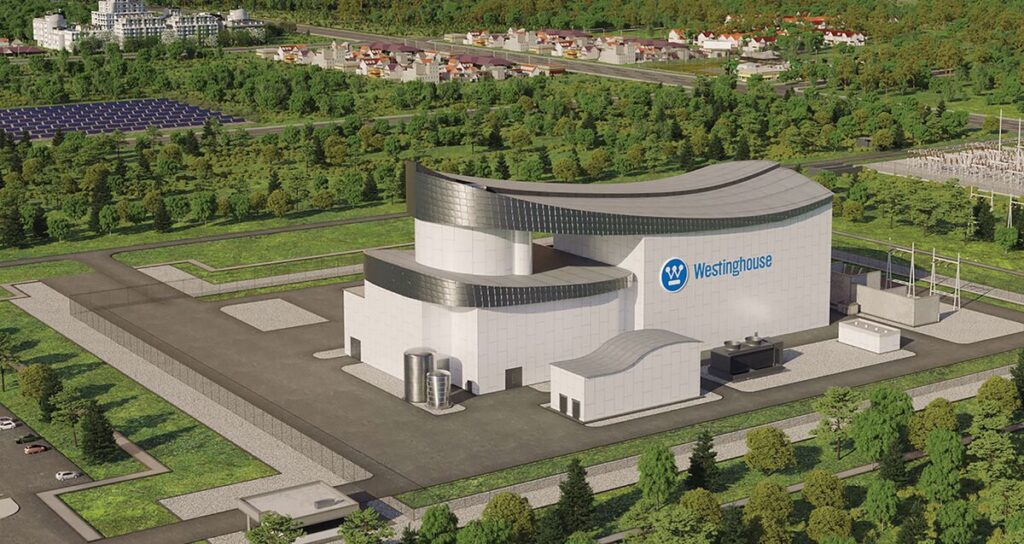
Correction:
An earlier version of this post suggested France would look to downsize it’s nuclear power fleet, however this was based on outdated information and policy positions. France, however does face an ageing nuclear fleet (much of which was offline in 2022 for upgrades and inspections) and a strong political movement toward renewable energy.
